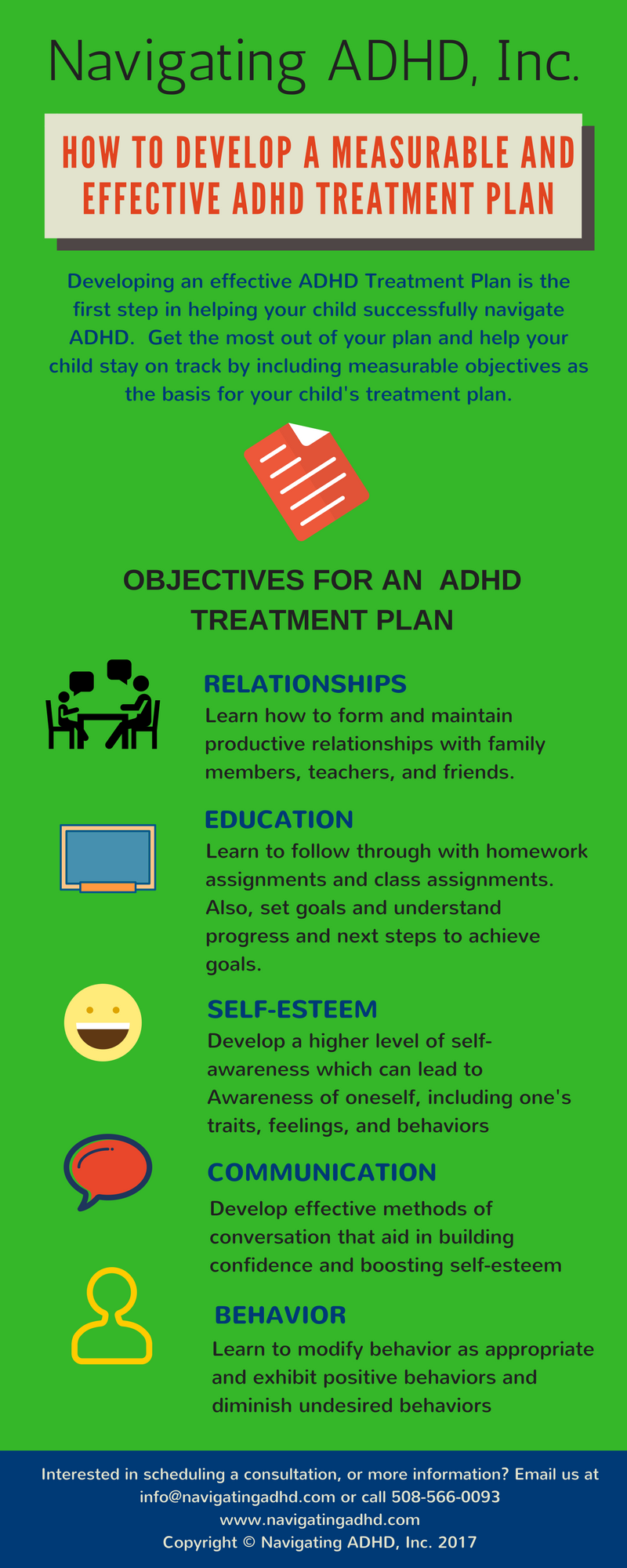Therapist for ADHD Professionals Providing Targeted Care
Therapist for ADHD Professionals Providing Targeted Care
Blog Article
Discovering Efficient ADHD Treatment Alternatives for All Ages
The complexities of Attention Deficiency Hyperactivity Disorder (ADHD) existing distinct obstacles across various age teams, necessitating a thorough exploration of reliable treatment alternatives. A combination of behavior modifications, medicinal interventions, and way of living adjustments has actually shown assurance in attending to the diverse requirements of people with ADHD. Nevertheless, the efficiency of these methods can differ considerably based upon personal scenarios, raising important questions regarding customized techniques. As we examine the spectrum of treatment techniques readily available, it comes to be important to consider not just their instant impacts but also their long-term effects for people and families.
Comprehending ADHD and Its Effect
Attention-Deficit/Hyperactivity Problem (ADHD) is a neurodevelopmental problem defined by consistent patterns of inattention, hyperactivity, and impulsivity that can considerably affect various facets of a person's life. It commonly shows up in youth, although signs can persist into the adult years. The core signs and symptoms of ADHD can interrupt academic performance, prevent social communications, and make complex work endeavors.
People with ADHD commonly battle with preserving concentrate on tasks, organizing tasks, and following up on guidelines, which can cause academic underachievement (Depression Treatment). In social contexts, impulsivity may cause problems in forming and maintaining connections, as people may interrupt discussions or make hasty choices without thinking about consequences
The irregularity in signs and symptom discussion suggests that ADHD can affect individuals differently, necessitating a customized technique to administration. Comprehensive recognition of ADHD's nature and effects lays the foundation for discovering ideal therapy alternatives customized to each person's needs.
Behavioral Therapies for ADHD
Many behavioral treatments have been developed to efficiently attend to the obstacles related to ADHD, concentrating on changing details actions and promoting necessary abilities. Among the most recognized approaches are cognitive-behavioral treatment (CBT), moms and dad training, and social skills training.
CBT assists individuals recognize and transform unfavorable thought patterns and behaviors, advertising an extra positive outlook and improved self-regulation. This treatment commonly includes useful techniques for managing impulsivity and boosting company. Parent training programs encourage caretakers by equipping them with strategies to strengthen positive actions and established consistent borders, which can be particularly advantageous for children with ADHD.
Social abilities training is another essential element, teaching people with ADHD how to connect successfully with peers - Depression Treatment. This method often includes role-playing and feedback to boost communication, participation, and dispute resolution abilities
Integrating these behavior treatments into a detailed treatment strategy can significantly enhance functioning and lifestyle for people with ADHD. Eventually, the performance of these therapies depends upon customized methods that take into consideration the distinct demands of each person, consequently fostering durability and flexibility in life.
Medicine Options Available
For several individuals with ADHD, medicine can play a substantial role in handling signs and symptoms and enhancing overall performance. The 2 primary classifications of medicines suggested for ADHD are stimulants and non-stimulants.
Stimulants, such as methylphenidate and amphetamine-based medicines, are one of the most generally used treatments. These medications function by raising the levels of neurotransmitters, especially dopamine and norepinephrine, in the brain, which assists boost focus and reduce impulsivity and hyperactivity. They typically produce quick outcomes, making them a recommended alternative for many clients.

It is essential for health care carriers to conduct an extensive evaluation to establish the most appropriate medication based on private needs, medical background, and potential side impacts. Routine follow-up and surveillance are also essential to make sure the performance of the picked treatment and to make any required modifications.
Way Of Life Modifications to Take Into Consideration
Taking care of ADHD properly extends beyond medication, as lifestyle changes can considerably enhance overall well-being and symptom control. Incorporating structured routines is crucial; consistent schedules aid people with ADHD handle their time successfully and minimize sensations of overwhelm.
Regular physical activity is an additional vital part. Workout not only helps to improve focus yet likewise increases mood and reduces stress degrees. Tasks such as yoga or group sporting activities can be especially useful, promoting both physical conditioning and social communication.
Nourishment also plays a pivotal duty. Depression Treatment. A well balanced diet abundant in omega-3 fatty acids, whole grains, and lean healthy proteins can add to improved emphasis and cognitive function. Restricting sugar and processed foods is advisable, as these can aggravate attention deficit disorder and impulsivity
Rest hygiene is crucial for handling ADHD signs and symptoms. Establishing a normal sleep routine and creating a relaxing setting can enhance rest top quality, resulting in far better attention and psychological law.
Alternate and All Natural Approaches
Alternate and all natural approaches to ADHD therapy supply a diverse variety of alternatives that complement conventional techniques. These approaches frequently concentrate on way of living modifications, dietary interventions, and healing techniques that aim to enhance general wellness while resolving ADHD symptoms.

Mindfulness and behavior modifications are additionally acquiring grip as all natural interventions. Practices such as yoga, reflection, and cognitive-behavioral treatment can grow self-regulation and improve attention. These methods support emotional durability, which is specifically useful for individuals with ADHD.
Natural supplements, such as ginkgo biloba and ginseng, are sometimes discovered; nevertheless, it is critical to speak with health care professionals before integrating these right into therapy strategies. While alternative and holistic methods can supply beneficial assistance, they should ideally be used along with evidence-based treatments to accomplish ideal outcomes for taking care of ADHD throughout every ages.
Verdict
In recap, efficient ADHD treatment demands an extensive Mental Health Services approach that consists of behavioral treatments, medicine, way of living adjustments, and holistic approaches. This multifaceted approach highlights the importance of customized care in attending to the diverse requirements of individuals with ADHD throughout all age teams.
Report this page